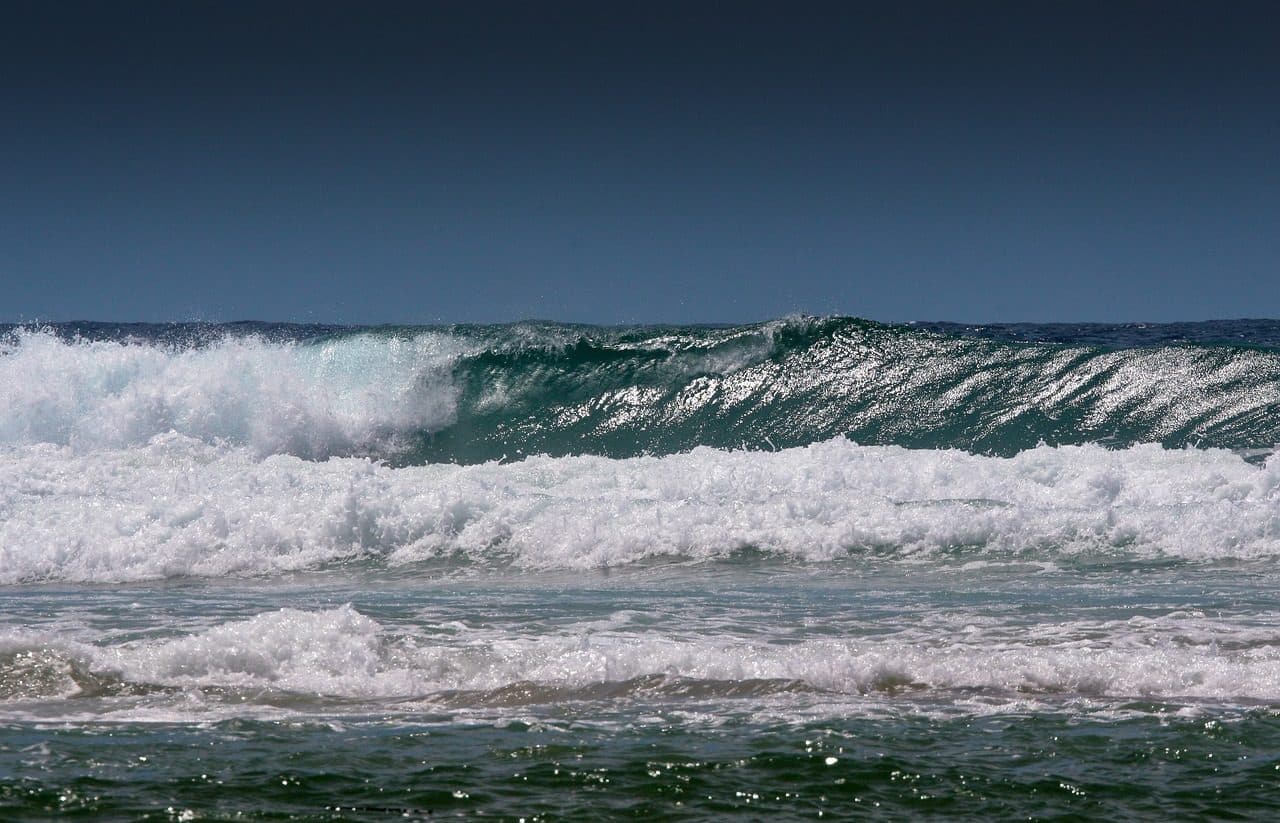
Sea level is constantly measured and studied, keeping a record thanks to which it has been possible to establish, for example, that in the two most recent decades the speed of its rise doubled.
Sea level is an expression used to give an idea of the altitude of different corners that are part of the Earth , taking the average ocean level as a reference. In this regard, we cannot fail to take into account that this parameter is neither constant (as a consequence of the tides ) nor uniform throughout the planet.
The standard or unit of measurement used to refer to altitude (a concept that refers to the distance, considered from a vertical plane, that separates a site X in relation to sea level ) or elevation with respect to a structure or a geographical point or the height that an object has managed to reach in conditions of taking flight is the meter : hence the meters above sea level are calculated. In the system used by the Germans, the equivalent is known as Normalnull . The Anglo-Saxons, meanwhile, use the acronym that describes the unit of measurement is AMSL (interpreted in Spanish as "above mean sea level" ), while in the Netherlands they appeal to the reference NAP (from Normaal Amsterdams Peil ) which is It can be translated as the "normal level" based on the result of the measurement carried out in the capital of said territory during low tide .
It is important that, using a device known as a tide gauge , specialists monitor the sea level in multiple sectors of the continental coasts distributed around the planet .
Several decades ago, a group of engineers and scientists launched a satellite with the purpose of analyzing, over time, the variations of the seas in terms of rise and fall. What conclusion did researchers reach based on data collected over years? That sea level is increasing without pause and at an increasingly accelerated rate. The estimates suggest that, as the rise in sea level continues, more and more areas of the beach line will be lost and each storm surge , as well as high tides , will deepen, causing serious flooding in more than one coastal area. . As sea water penetrates into lands increasingly further away from the coasts, multiple damages, deteriorations and difficulties are being recorded, either due to flooding , erosion or contaminated aquifers or due to habitat degradation .
Factors that influence sea level
Sea level is influenced by both anthropogenic factors (as defined by the effects, consequences and mutations that arise from human actions that impact the state of the planet) and natural factors.
This scenario, therefore, allows us to determine the need to modify habits that allow us to stop and reverse the consequences of climate change . It is no small fact that global warming generates an increase in the temperature of the oceans (thus expanding the volume of water) and the melting of glaciers . Rainfall (along with the amount of water fallen in each precipitation ), melting ice , volcanic eruptions and earthquakes are increasing at a worrying speed as a result of these problems.
Tsunamis and lunar cycles are other factors that influence sea level .

Within the so-called tidal cycle, the lowest height of the tide is known as low tide, while high tide is the term that indicates the highest height that the water reaches.
Impacts and consequences
The transformations that are evident in sea level cause, throughout our planet, numerous impacts and leave an enormous number of consequences, some more serious than others.
On the one hand, negative ecological effects are noted because marine biodiversity is being lost and habitats , mangroves and coral reefs , for example, are put at risk.
On the other hand, economic and social complications are arising because the incessant rise of the sea leaves many coastal cities in a vulnerable condition. Floods , the chance of increasingly dangerous typhoons and other phenomena linked to climate change force several inhabitants of coastal towns to have forced displacements in search of security and quality of life . There are, to this day, reports that warn about the risk that some tourist destinations near some coast run given that, if the sea level continues to rise, there will come a time when they will be ruined by the water, adding to the damage that they suffer. The winds will be strong .

As reported on a global scale, the temperature of the oceans is increasing rapidly, leaving, among other consequences, more acidic waters with less oxygen.
While the evolution of sea level records continues to be monitored, mitigation measures against climate change and adaptation strategies are necessary in order to survive and compensate for imbalances. It is essential, first of all, that there are campaigns and programs focused on environmental education . We must work, or intensify efforts, simultaneously, regarding marine conservation and addressing reforestation . It is also advisable to reduce greenhouse gas emissions as much as possible.
